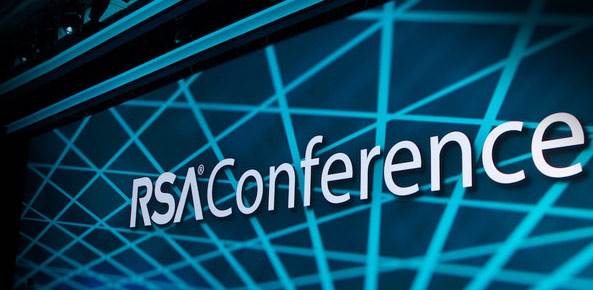RSA Conference Opens Feb. 29 with Focus on Today’s Security Crises
That theme underscores the growing importance of different sectors working together to protect the security of information technologies and networks, according to RSA Conferences director and general manager Linda Gray.
It’s also bound to be an area of significant discussion and debate, in light of current cybersecurity developments such as the legal battle over iPhone encryption taking place between Apple and the Federal Bureau of Investigation.
“Over the last few years, we have moved our thematic vision from historical events to a higher level message of collaboration meant to bridge what can be — at times — a very divided industry,” Gray noted in the introduction to this year’s conference program. “Today, RSA Conference promotes connections not only among the information security community, but also between IT and other parts of the enterprise, private and public sectors, and the past, present and future.”
From AI to ‘El Chapo’
As people and things becoming increasingly interconnected, the nature and scale of security threats are evolving as well, and the range of speakers set to hit the stage during this year’s RSA Conference reflects that fact.
Among this year’s keynote speakers are Admiral Michael Rogers, U.S. Navy Commander and director of U.S. Cyber Command; Michael Brown, president and CEO of the IT security firm Symantec; Pat Gelsinger, CEO of VMWare; and Christopher Young, senior vice president and general manager for Intel Security Group.
Nick Bostrom, a professor of philosophy at the University of Oxford and director of the Future of Humanity Institute, is scheduled to talk about the “profound consequences” that artificial intelligence could have on the safety of human society. And a panel of speakers, including former U.S. Secretary of Homeland Security Michael Chertoff, is set to tackle the topic, “Beyond Encryption: Why We Can’t Come Together on Security and Privacy — and the Catastrophes that Await If We Don’t.”
Also speaking at the conference is actor/director Sean Penn, who recently made headlines for his Rolling Stone interview with Mexican drug lord Joaquin “El Chapo” Guzman Loera before he was captured by Mexican authorities. Penn is scheduled for a one-on-one closing keynote conversation with RSA President Amit Yoran.
Evolution of Threat Protection and Adversaries
This year’s conference will also feature not just one, but several, sandboxes where attendees can learn how to “encrypt mobile device e-mails, surf anonymously online, study the impact of Internet of Things vulnerabilities, test network security at SANS NetWars, and experiment on what happens to healthcare, finance or energy sectors when our critical infrastructure is tested,” according to the RSA Web site.
“Threat protection has evolved quickly, but not as quickly as the adversary,” the security research and analysis firm Securosis said in this year’s Securosis Guide to the RSA Conference, which it has produced every year for the past seven years. “We expect 2016 to be the year upstarts land on the endpoint protection beach and storm the barricades of the incumbent AV vendors.”
Rich Mogull, analyst and CEO at Securosis, recently noted in a blog post titled, “Do We Have a Right to Security?” that today’s discussions around cybersecurity, privacy, encryption and crime/terrorism investigations all boil down to that one question.
The industry’s responsibility is to “build the secure foundation for the digital age that we so lack, and so desperately need. So an entire hospital isn’t held hostage because one person clicked on the wrong link.” he said. (The Hollywood Presbyterian Medical Center in California recently paid a ransom of $ 17,000 to access data that had been taken over by hackers.)
The key trend at this year’s RSA Conference will be the “continuous internationalization, diversification and specialization of cybercrime in the Deep Web,” Christopher Budd, global threat communications manager for the security firm Trend Micro, told us. “Diversification in that the Deep Web as a whole features a breadth of knowledge and offerings, as well as reflecting the culture and specific needs of each country’s market. Specialization in that, within the Deep Web, each individual marketplace features unique business models and wares.”
Image Credit: RSA Conference.







